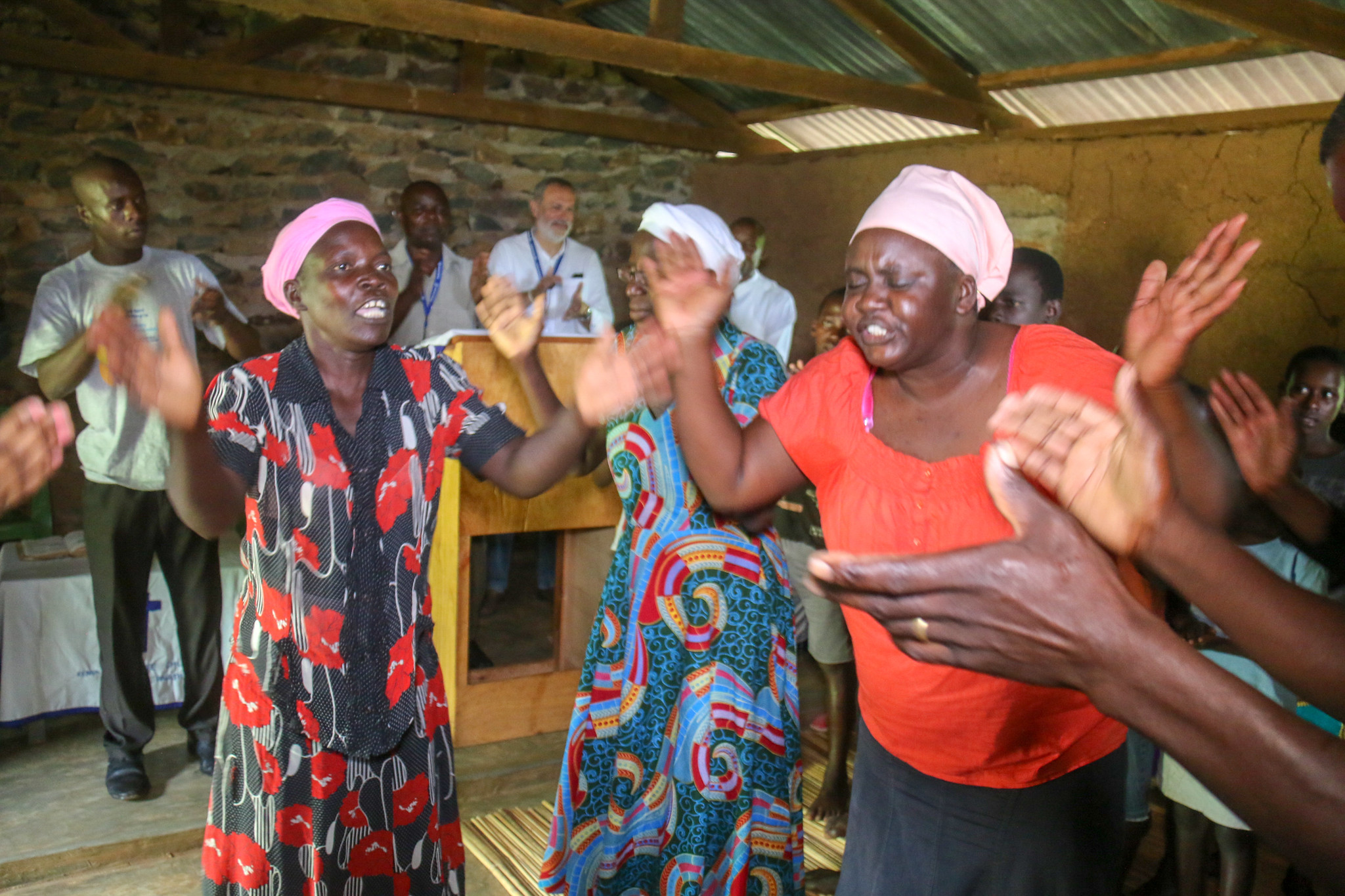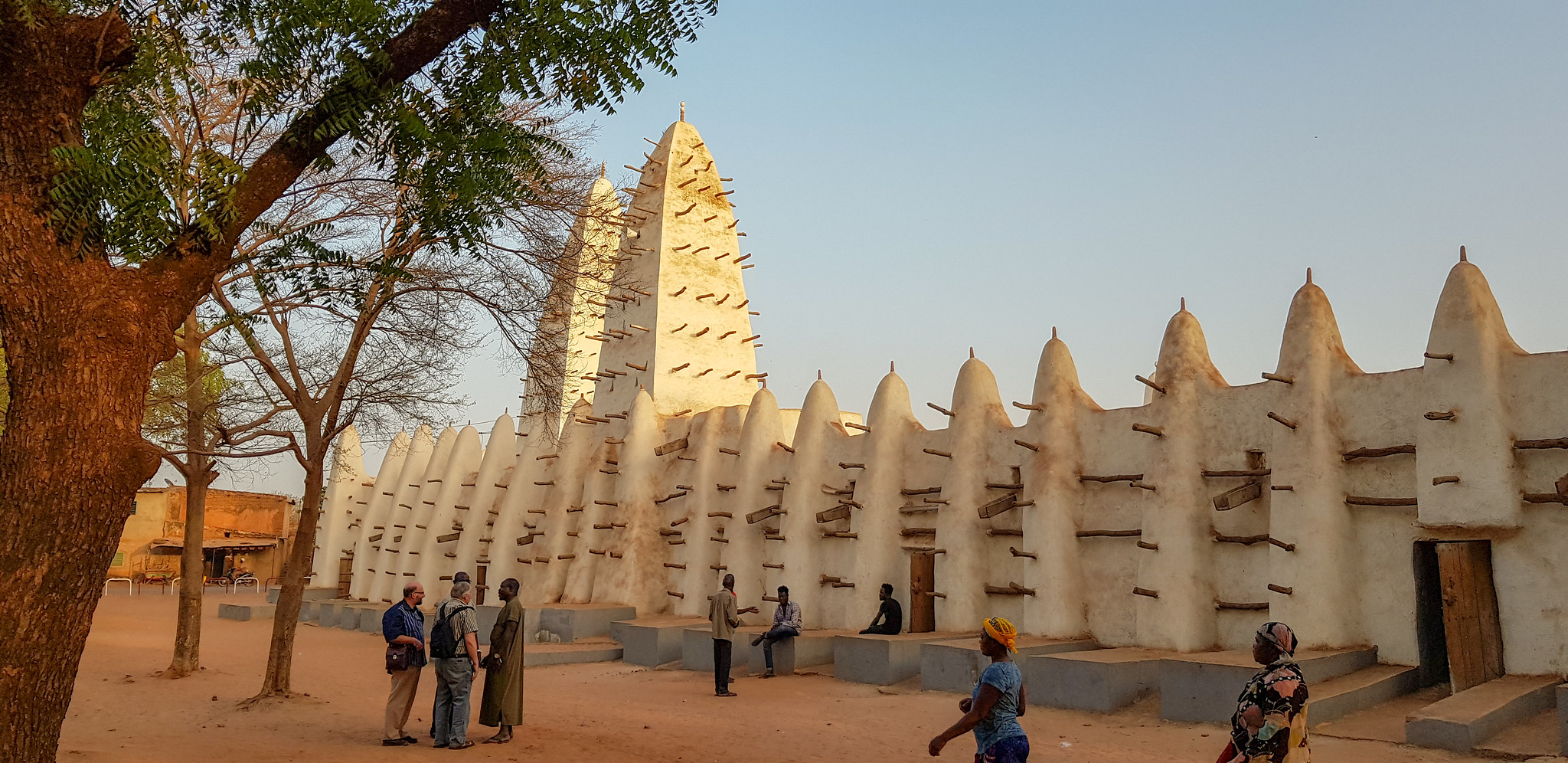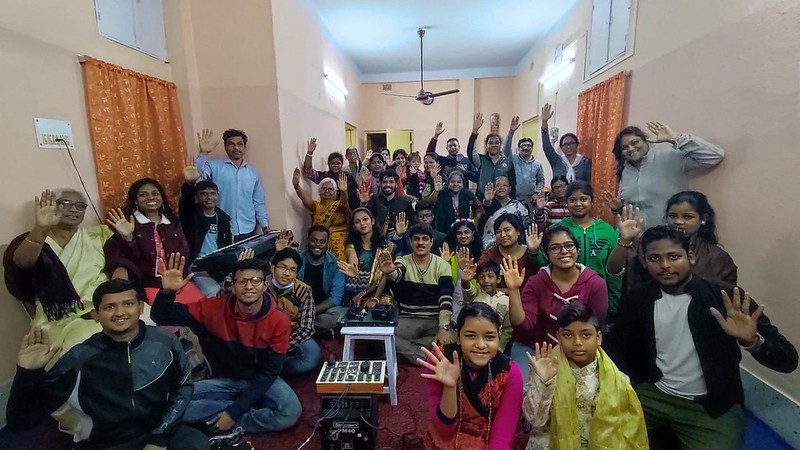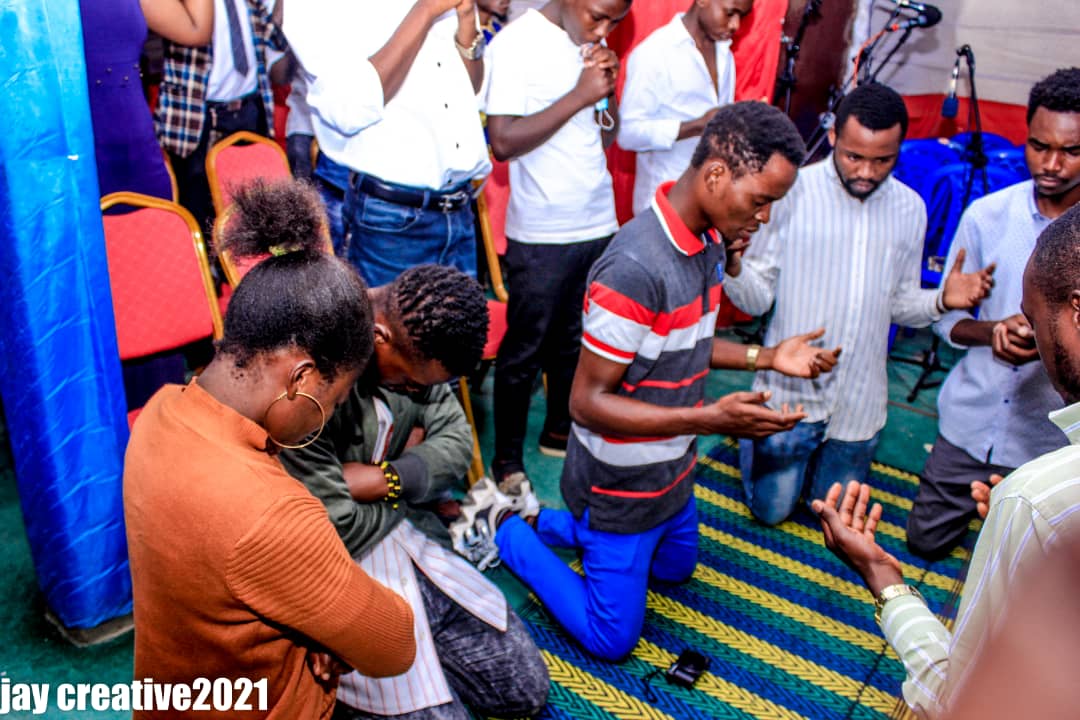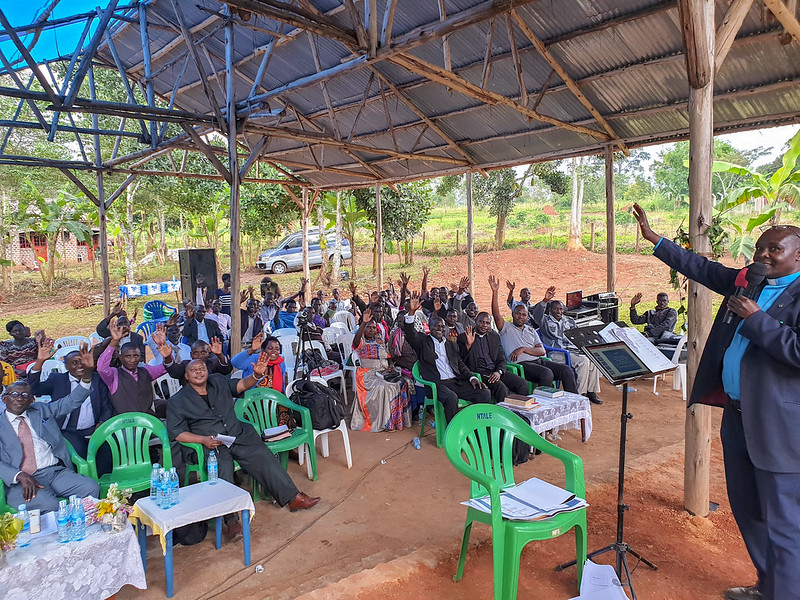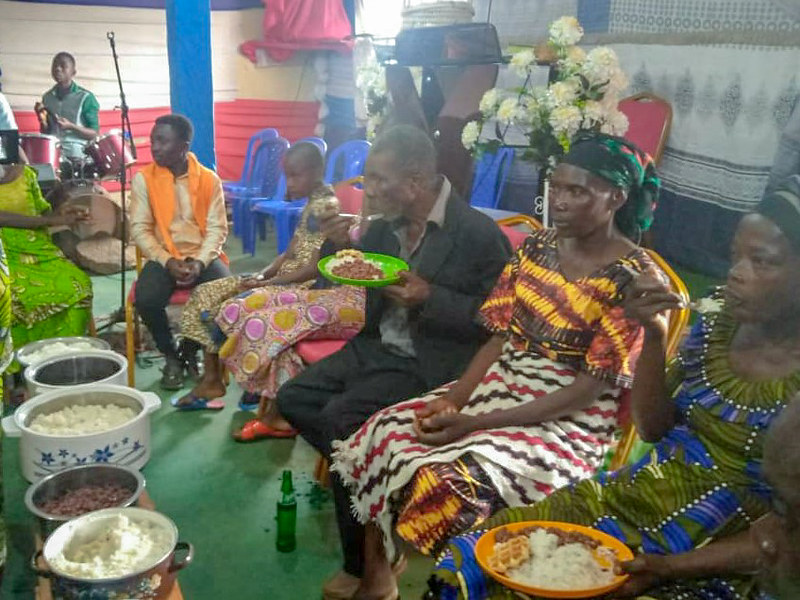-
AWFS 2023 Greetings
Lobengula Brethren In Christ Church in Zimbabwe Queens Park Brethren In Christ Churchin Bulawayo, Zimbabwe
-
AWFS 2023 Ideas for children’s time
Worship Worship is a time when church members come together to pray, sing, read Scripture, share with each other, and give praise to God. It can be a time of fellowship, restoration, comfort, celebration, or a call for renewed action. Believers can worship in a church building, in a home, or in a boat –
-
Anabaptist World Fellowship Sunday 2023
Theme Jesus Christ: Our Hope Why this theme was chosen Even in the midst of deep troubles, we come together from around the world to follow Jesus, who gives us hope. This is also the theme for Renewal 2023 in Mennonite World Conference. Biblical texts: Old Testament: Isaiah 40: 28-31 Psalm: Psalm 62:1-6 Gospel: Luke
-
You’re Not Alone
Assembly 17 – Indonesia 2022 – Songs You’re not aloneBryan Moyer Suderman, Bryan Moyer Suderman© 2005 Bryan Moyer Suderman/SmallTallMusic / bryan@smalltallministries.comReprinted / Streamed with permission under ONE LICENSE #A-740570 Included here *Page with music notation are taken from the forthcoming Voices Together worship and song collection, published by MennoMedia. Used with permission. Permission granted to
-
My true hope
Testimonies from Africa Working as a nurse is a challenging job. It needs a heart with passion, patience and love. During the COVID-19 pandemic, I saw the hand of God in my life as he protected me. There were times when I despaired with anxiety, but when I remembered how King David in the Bible
-
God fights for his children
Testimonies from Africa Psalm 62 expresses the cry of Christians in the West African Sahel. Several Sahelian countries have been experiencing terrorist attacks for more than 10 years. Like David, we feel hungry and harassed by the enemy. David was abandoned by his faith collaborators, betrayed. In these difficult times, David did not use violence,
-
Hope is a position of optimism
Testimonies from Africa I was in a dark space June to July 2021 when my husband and my mom fell ill at the same time. My mother later passed on in August. Then in February to March 2022, my husband fell ill again. It took more than two weeks for the doctors to come up with
-
An opportunity to cross barriers
“Jesus is our hope: even if we go through the valley of the shadow of death, he is by our side.” In the Anabaptist World Fellowship Sunday materials for 2023, meet the Christian believer in Burkina Faso who declares this faith despite challenges – and more. MWC creates worship resource materials three times a year
-
By our side
Testimonies from Africa When we receive the life of Jesus, a living hope is born in us, with our desires turned toward what does not perish: eternal life with God. This new life is constantly being tested in various ways. This is the story of a young Fula (a person from the semi-nomadic Fulbe people)
-
Biblical background for sermon content
Choose texts that work in your context. Old Testament: Isaiah 40:28-31 Jesus Christ our hope is a theme that comes at the right time, an appropriate theme in the aftermath of crossing zones of turbulence in our world and in our lives in particular. Hope is a pure and disinterested confidence in the future. Don’t
-
Suggested liturgies for gathering and benediction
Gathering/Call to worship (loudly) Leader: Give me a J People: J Leader: Give me an E People: E Leader: Give me an S People: S Leader: Give me a U People: U Leader: Give me an S People: S Leader: What do we have? People: Jesus! Leader: What do we have? People: Jesus! Leader: There
-
Tithes and offering ideas
The offering time is as important as the sermon. Often someone will give a testimony and Scripture on the theme of giving. The pastor often asks one of the ushers to pray, to bless the givers and also that those who are not giving may be blessed to give. Sometimes the ushers take the baskets

